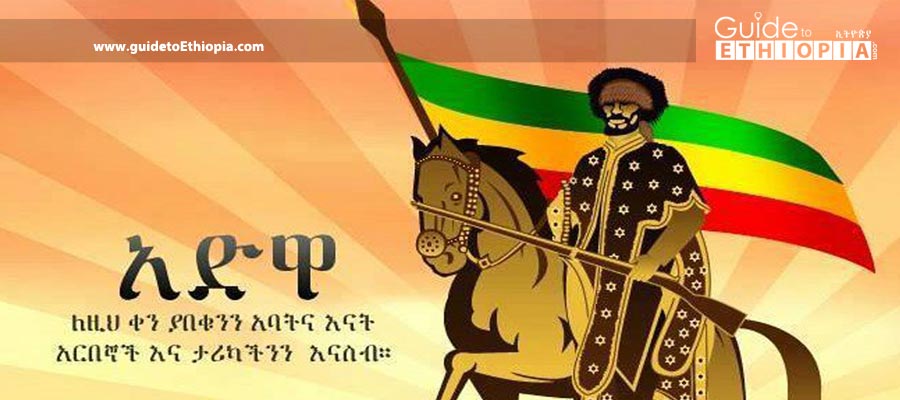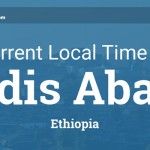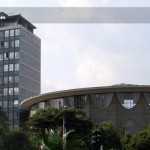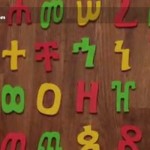Public Holidays Non-Islamic public holidays are celebrated according to the Ethiopian (Coptic or Julian) calendar. The corresponding dates in the Gregorian calendar are listed below. Ethiopian leap year, which usually happens in the September before that of the Gregorian, can push the dates of such holidays that fall from September to February forward by one day (by which time Gregorian leap year catches up)
– September 11 (or 12) – Addis Amet or Kiddus Yohannes (Ethiopian New Year’s Day)
– September 27 (or 28) – Mesqel (The Finding of the True Cross)
– August 19 (2012) – Eid al Fitr (Breaking the Fast Festival at the end of Ramadan)
– October 26 (2012) – Eid al Adha (Sacrifice Festival)
– January 7 (or 8) – Genna or Yegeta Liddet (Ethiopian Christmas)
– January 19 (or 20) – Timkat (Ethiopian Epiphany)
– March 2 – Victory of Adwa (1896)
– January 24 (2013) – Mawlid an Nabi Day (Birth of the Prophet Mohammed PBUH)
– April 28 – Hosanna (Palm Sunday)
– May 1 – International Labor Day
– May 3 – Seklet (Ethiopian Good Friday)
– May 5 – Fasika (Ethiopian Easter)
– May 5 – Ethiopian Patriots’ Victory Day (1941)
– May 28 – Downfall of the Derg Regime Day (1991)
Ethiopian Easter follows the eastern method of calculation based on the moon and generally occurs after western Easter. Breaking of the fast and Birth of the Prophet festivals are subject to moon sightings and are based on the Islamic lunar calendar, falling about 11 days behind the previous Gregorian calendar year’s date each year.
















